

Wouldn’t you love to earn a salary by playing and talking about games? This year, eSports are stronger than ever and some are making a living with video game livestreams. If neither of those options appeals to you, there’s a third avenue to explore: becoming an eSports commentator.
While people do watch top-tier competitions to see world-class players duke it out, it must be said that half the excitement comes from listening to skilled commentators discuss the games at hand. Do you have what it takes to be one of them? Here are some tips to help get you there.
Personality makes up a large part of being an eSports caster. When people tune in to listen to your casting, it’s because they like you, and as far as eSports casting is concerned, personality is synonymous with style.
There are two main types of casting, though they aren’t mutually exclusive:
To succeed as an eSports caster, you should know which kind of commentary best suits your personality. Match broadcasts tend to pair a play-by-play with a color caster, so it’s better to excel at one than to be mediocre at both.
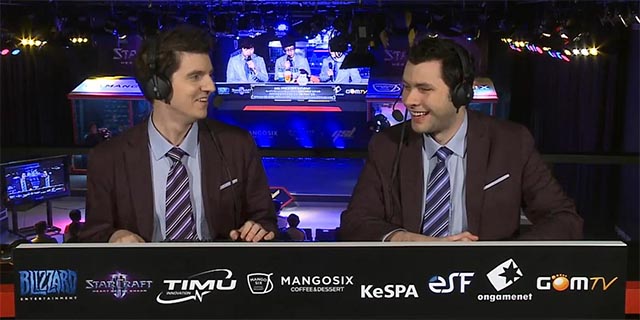
But even within the two types of casting, there is ample room for distinguishing yourself from others. In the beginning, when you don’t yet know which style works for you, it may help to emulate a popular caster. However, over time, you should break away and be innovative with your own techniques, phrases, inflections, tempo, volume, etc.
Again, people will listen to you because they like you. If you’re emulating Day9, why would they listen to you when they can just tune into Day9’s commentary? You are what makes your own casting unique. That’s your selling point. Discover it and develop it.
An eSports caster cannot succeed if they don’t know the game. After all, the crux of commentary is that you’re commentating about the game. If you have little knowledge, what’s left for you to say? At best, you’ll speak emptiness. At worst, you’ll be wrong about everything. This is true of play-by-play and color casters alike.
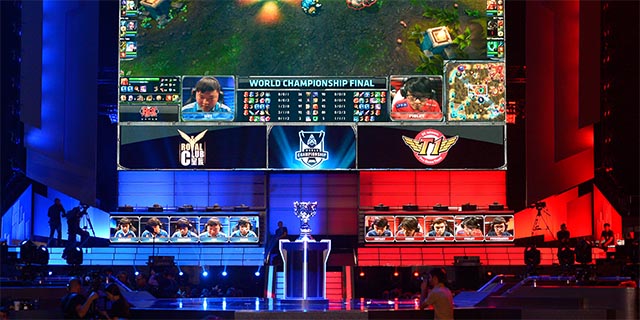
In fact, learning the depths of a game actually provides fuel for your casting. Not only do you know what to talk about, you can connect the dots between gameplay and meta-gameplay, resulting in a richer broadcast for viewers. You don’t have to be an analyst, but you should still have some insight.
Once you’ve learned the mechanics, you’ll then want to learn about factors outside the game. Who are the players? What are their stories? Are there any rivalries or drama going on? What’s at stake in the given match? All of this will add another dimension to your commentary. Before you cast, you have to be prepared.
If you’re trying to break into the eSports casting scene, you’re probably a one-man team. Until you can find someone who can handle the technical details on your behalf (good luck finding someone who will), you’ll need to handle them yourself. Get ready because this won’t be a walk in the park.
First, you need to pick your casting medium. Are you going to stream live on Twitch? Or will you be making after-the-fact commentaries on YouTube? Or, if you’re so inclined, you could choose to do audio-only commentary in a format similar to a podcast.
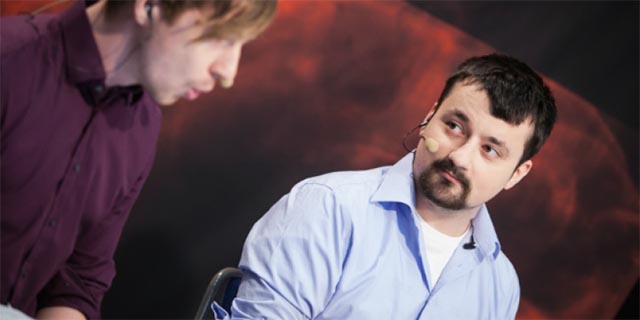
Once you know the medium, you can pick the right software. I highly recommend Open Broadcaster Software for live streaming and recording gameplay videos. It’s free and less resource-intensive than most free streaming software. For audio-only commentary, you could go with Audacity or one of its many alternatives.
Next, make sure you have enough hardware power. Live streaming video requires quite a bit of CPU and GPU strength, especially if you want good quality (at least 720p). For Open Broadcaster Software, you can use their settings estimator to see how well you can stream. You’ll also need a fast Internet connection that’s at least 1.5 Mbps upload.
Lastly, you’ll need a microphone or headset with good audio quality. At the very least, captured audio should be crisp and clear without any static, buzzing, or other artifacts that are harsh on the ears. Check out our intro to podcast equipment because there’s some overlap there.
Take a step back and put yourself in your (future) audience’s shoes. Which casters and streamers do you watch the most? Which ones develop the widest reputations? Are they the ones who put out a new video/stream every few weeks? No way. The ones who gain the most traction are those who cast day in and day out.
Ideally, you should create a new video/stream every single day. However, not everyone has the time to live up to an ideal, especially when they’re just starting out. In that case, you should decide on a content production schedule (e.g., every Monday and Friday) and stick with it diligently.

The benefits are many. Each cast is practice for you, and each will be better than the last. Furthermore, regular practice gets you comfortable with the casting process. As your confidence grows, so will your quality.
But the greatest benefit is organic audience growth. If you stick with it, you will develop a fanbase over time. It may take a week, a month, or even a year, but each video/stream you put out is one more opportunity for someone to discover you. On the contrary, if you quit, you guarantee failure.
At the end of the day, successful eSports casting is about overcoming mental hurdles. Anyone can learn the mechanics of a game, how to talk like a commentator, and how to use the right equipment – as long as they keep a right mind.
Be scared. Casting for eSports is public speaking and public speaking can be terrifying. It’s okay to be scared. Allow yourself to be. Embrace the fear and use it as fuel for continued growth and improvement. If you aren’t scared, then you’re underestimating the difficulty of being a caster.
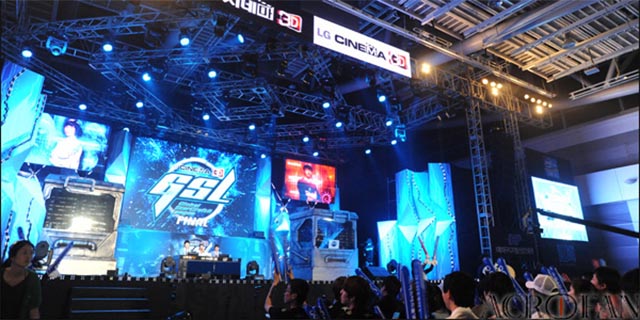
Be bold. Don’t let your fears stop you. Don’t be afraid to be yourself. Don’t hesitate to promote yourself whenever appropriate. It’s okay to be scared as long as you don’t use it as an excuse to huddle within your comfort zone.
Be humble. There’s always room for improvement, even after you think you understand everything there is to know about casting. Whether constructive or not, listen to whatever criticisms come your way. As Neil Gaiman famously said:
“When people tell you something’s wrong or doesn’t work for them, they are almost always right. When they tell you exactly what they think is wrong and how to fix it, they are almost always wrong.”
Do you have any other questions about eSports casting? Have any advice of your own to share? Comment down below and let’s get talking!
Image Credit: Lone Microphone Via Shutterstock
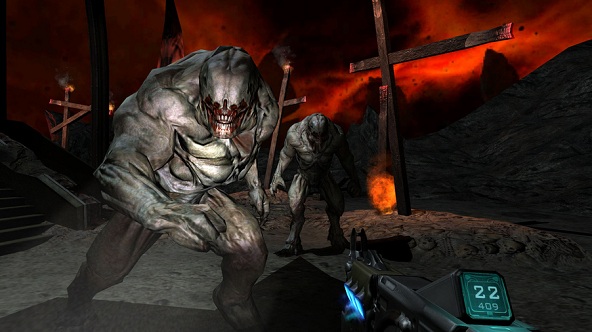
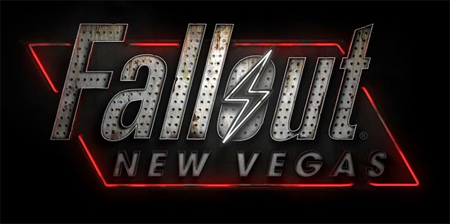
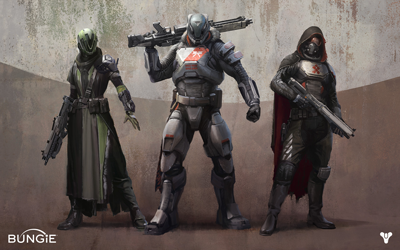
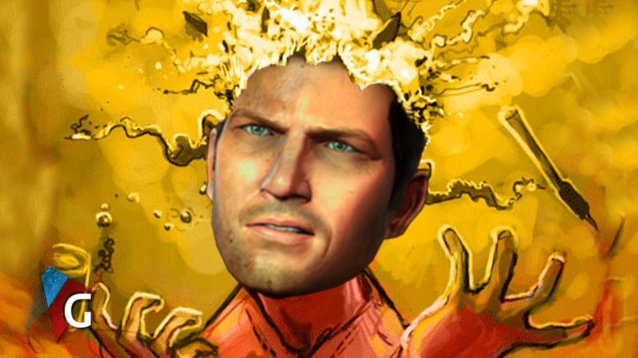
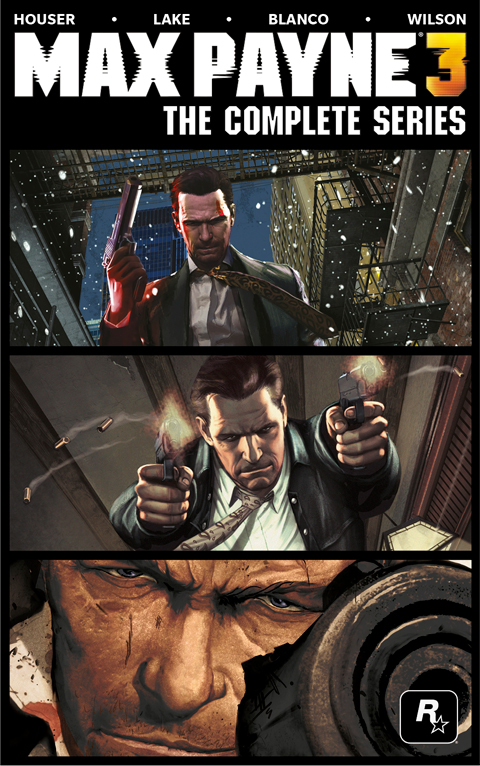 Max Payne 3: The Complete Series Graphic Novel Review
Max Payne 3: The Complete Series Graphic Novel Review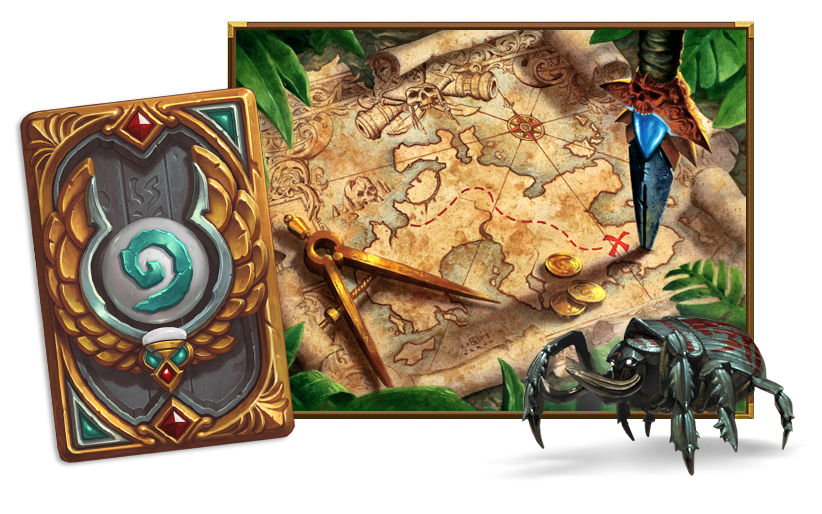 Hearthstone League of Explorers Heroic Guide: Slitherspear, Giantfin, Lady Nazjar
Hearthstone League of Explorers Heroic Guide: Slitherspear, Giantfin, Lady Nazjar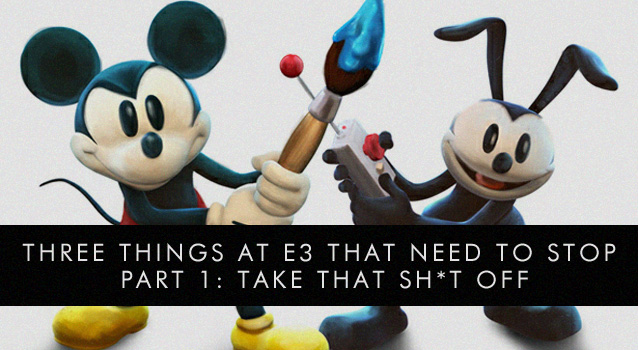 Three Things at E3 That Need to Stop, Part 1: Take That Sh*t Off
Three Things at E3 That Need to Stop, Part 1: Take That Sh*t Off Saints Row 4 Review: May The Saints Be With You
Saints Row 4 Review: May The Saints Be With You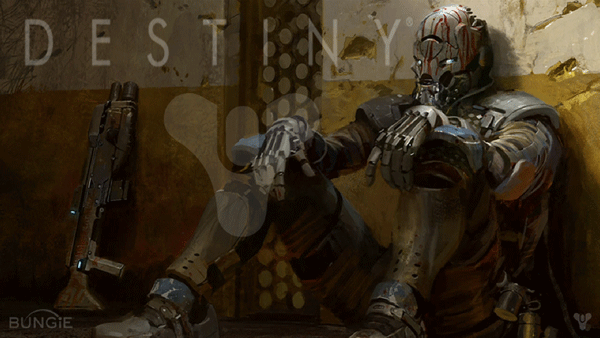 Destiny Wanted Bounty Location Guide For Week (Aug 11 to Aug 17): Map Location & More
Destiny Wanted Bounty Location Guide For Week (Aug 11 to Aug 17): Map Location & More